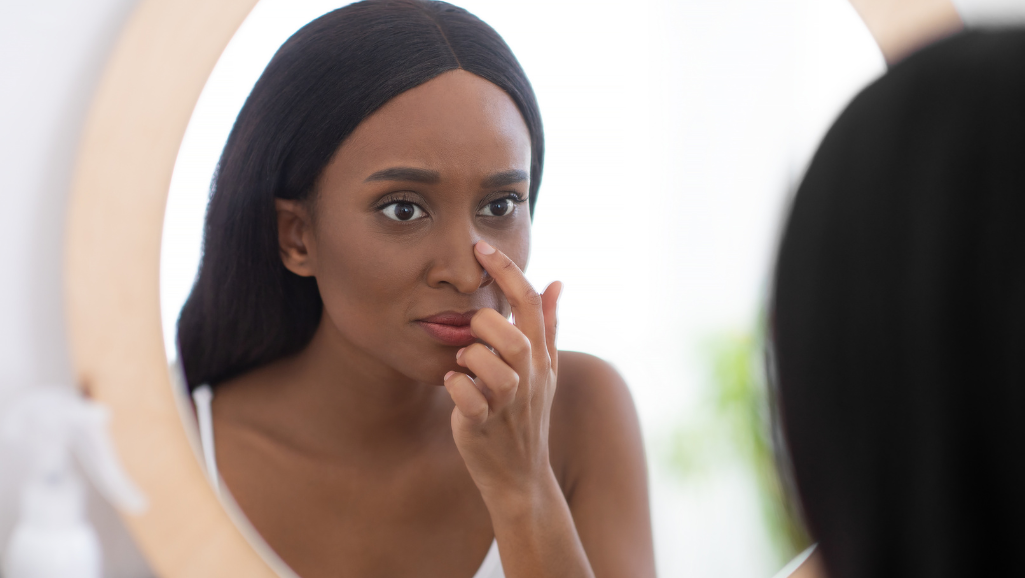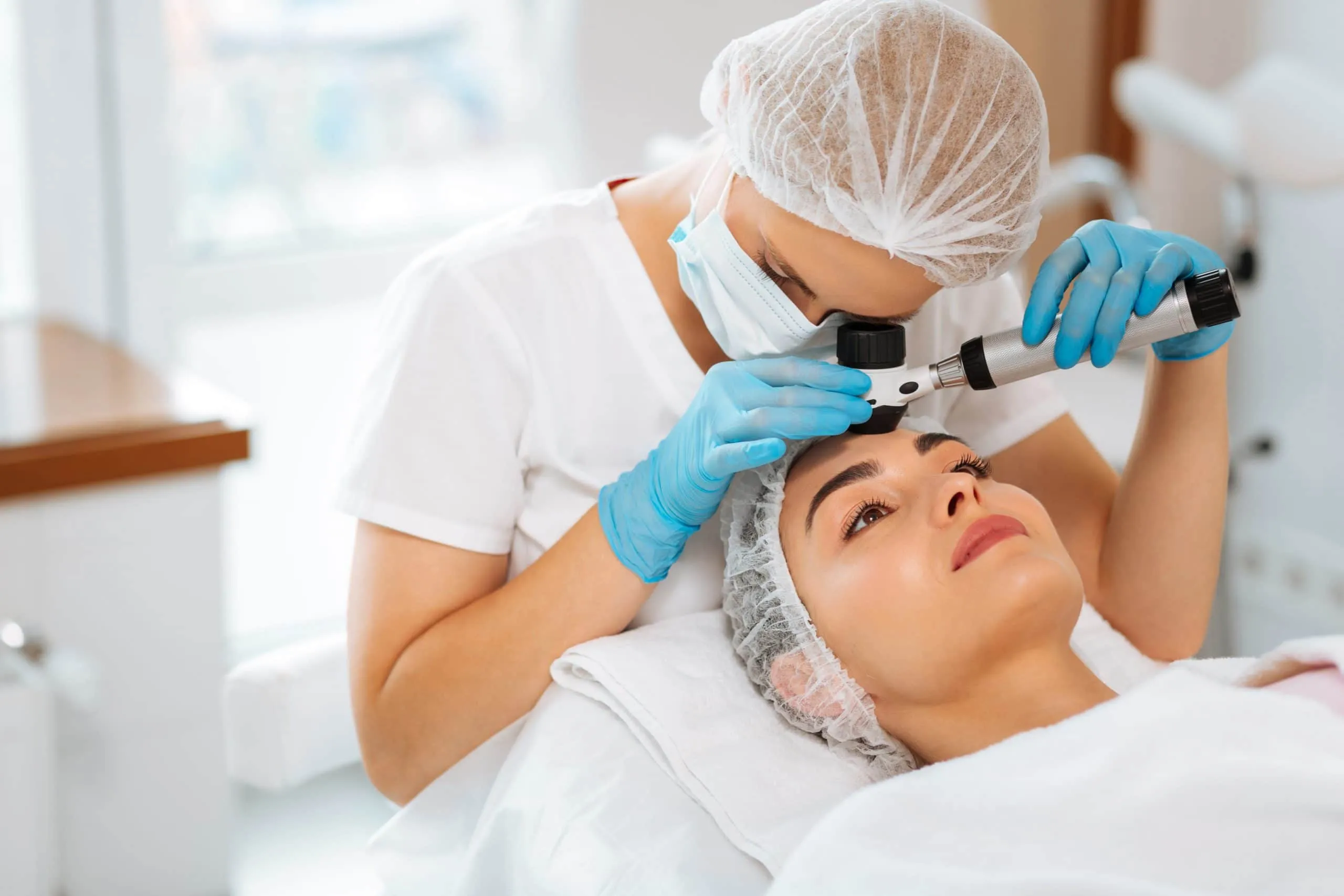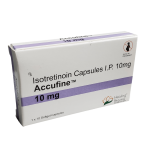Pimples on the nose are a common dermatological issue affecting people across various age groups. These unsightly bumps can range from a minor cosmetic annoyance to a major source of discomfort and self-consciousness. While several factors contribute to the formation of nose pimples, understanding the root causes and effective treatment options can go a long way in managing this condition.
What Causes Pimples on the Nose?
Pimples on the nose can emerge due to various factors, each having its own unique impact on the skin. The nose is particularly prone to excessive oil production because it has the largest pores on the face. This oil, combined with dead skin cells and bacteria, becomes a breeding ground for pimples. Hormonal changes also play a role; phases like puberty, pregnancy, and menstruation trigger changes in hormone levels that can result in excess sebum production and, consequently, pimples.
Stress is another factor that impacts your skin’s health. Under stress, your body releases hormones that can exacerbate oil production and cause breakouts. Additionally, some medications like steroids and anti-seizure drugs can lead to acne as a side effect. If you suspect your medication is the culprit, consult your healthcare provider for advice.
Your choice of skin care products can also be a factor. Harsh cleansers or cosmetics can strip your skin of its natural oils, triggering more oil production and thereby causing pimples. Other causes include poor hygiene, underlying medical conditions like Polycystic Ovary Syndrome (PCOS), ingrown hairs from shaving or waxing, diet and lifestyle choices, and chronic skin conditions like acne rosacea.
How to Treat Pimples on the Nose
Addressing pimples on the nose comprehensively entails a synchronized approach that involves adopting an effective skincare routine and making crucial lifestyle alterations. Initiation into the treatment involves washing your face with a mild cleanser twice a day to eliminate excess oil and impurities, coupled with the utilization of topical acne medication to manage active breakouts. Ingredients like salicylic acid and benzoyl peroxide found in many medications are pivotal in reducing inflammation, killing bacteria, and unclogging pores, yet their application demands caution to prevent skin dryness through overuse. Simultaneously, resisting the urge to pick at pimples and maintaining skin moisture with oil-free, non-comedogenic products is essential to prevent exacerbation and scarring. Moreover, managing elements like sleep and stress, which indirectly impact skin health by influencing hormone levels, becomes crucial. Endeavoring to achieve 7-8 hours of quality sleep and managing stress through techniques like yoga or meditation can serve as beneficial preventive measures.
Preventive measures intertwine with lifestyle and routine skincare practices, such as consistently avoiding facial contact to prevent germ transfer and utilizing non-comedogenic cosmetics and skincare products to minimize clogged pore risk. A balanced diet, enriched with fruits, vegetables, lean protein, and whole grains, and devoid of sugar and fats in processed foods, also plays a pivotal role in maintaining skin health. Adequate hydration, abstaining from smoking, and limiting alcohol consumption further enhance skin’s health and clarity, preventing acne development on a larger scale.
Acne Management: Do’s and Don’ts
Managing nose acne effectively transcends mere treatment and permeates into the realms of sustained management through diligent skincare routines and mindful lifestyle practices. Notably, maintaining facial hygiene, involving regular and mindful cleansing, and applying suitable topical treatments like benzoyl peroxide and salicylic acid with guidance from product instructions or dermatologists become quintessential. Keeping your skin adequately moisturized with appropriate products and ensuring nutritional support through a balanced diet are equally vital. For cases that are persistent or especially severe, seeking professional advice is imperative, as dermatologists can provide tailored treatment plans, potentially involving prescription medications or advanced treatment modalities.
Conversely, certain practices warrant caution and avoidance, such as frequent facial touching, which enhances bacterial transfer and acne development risk. Employing gentle, acne-friendly skincare products instead of harsh ones, refraining from popping pimples, and avoiding over-cleansing, which could trigger excess oil production by stripping the skin of natural oils, also form the bulwark of acne management don’ts. Adhering to these guidelines forges a path towards a skincare routine that adeptly targets and reduces nose acne, ensuring both its effective treatment and sustained management.








